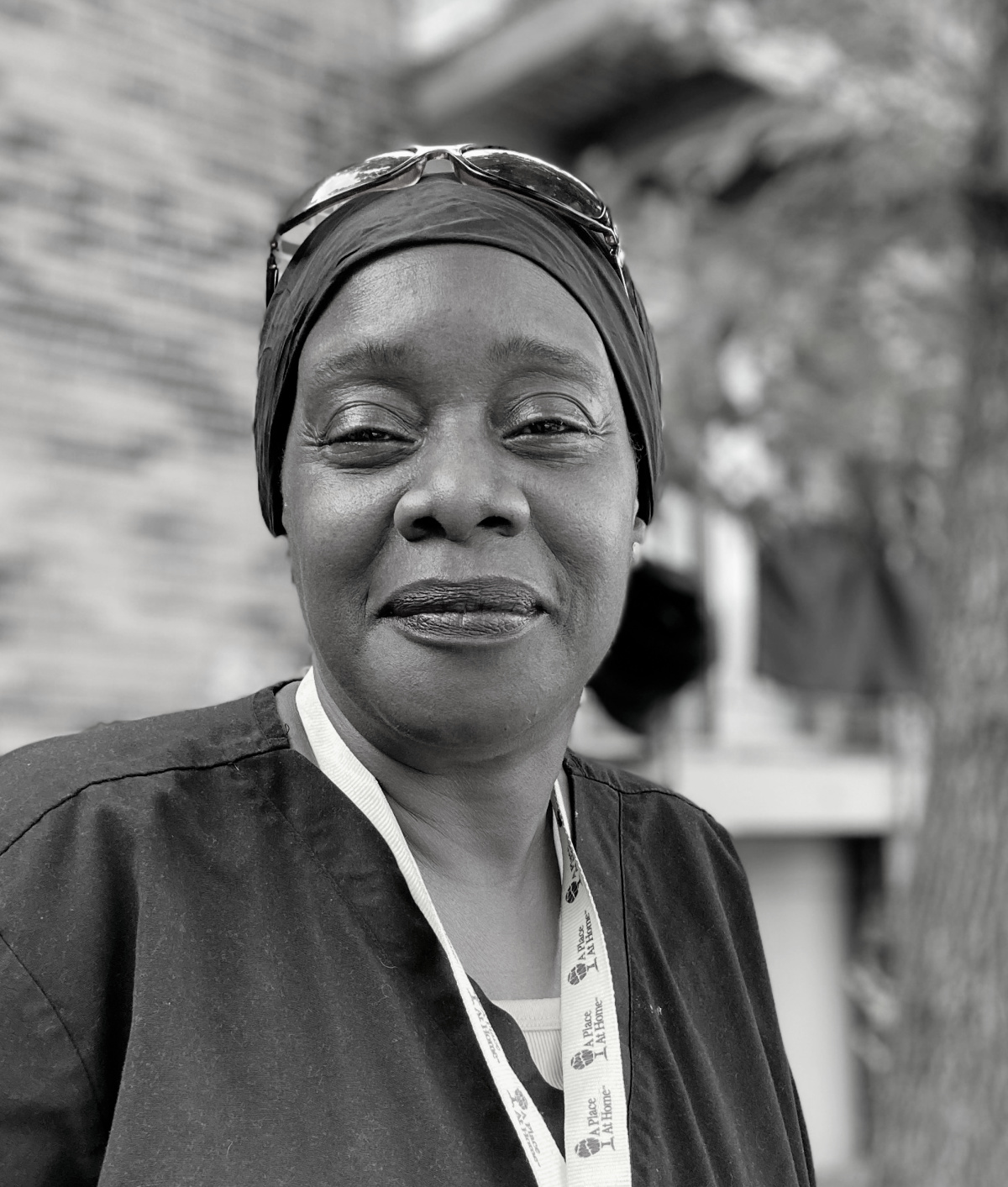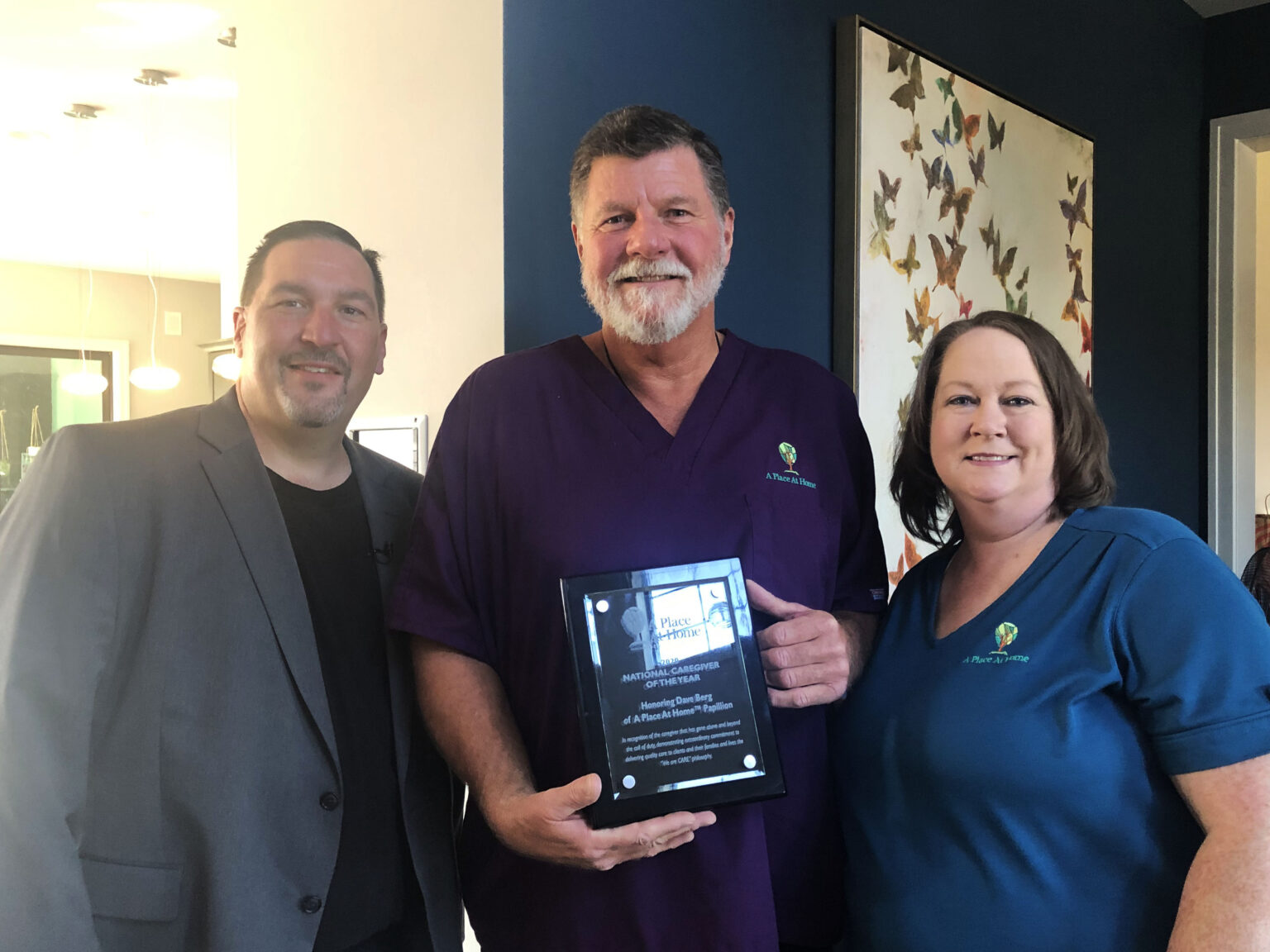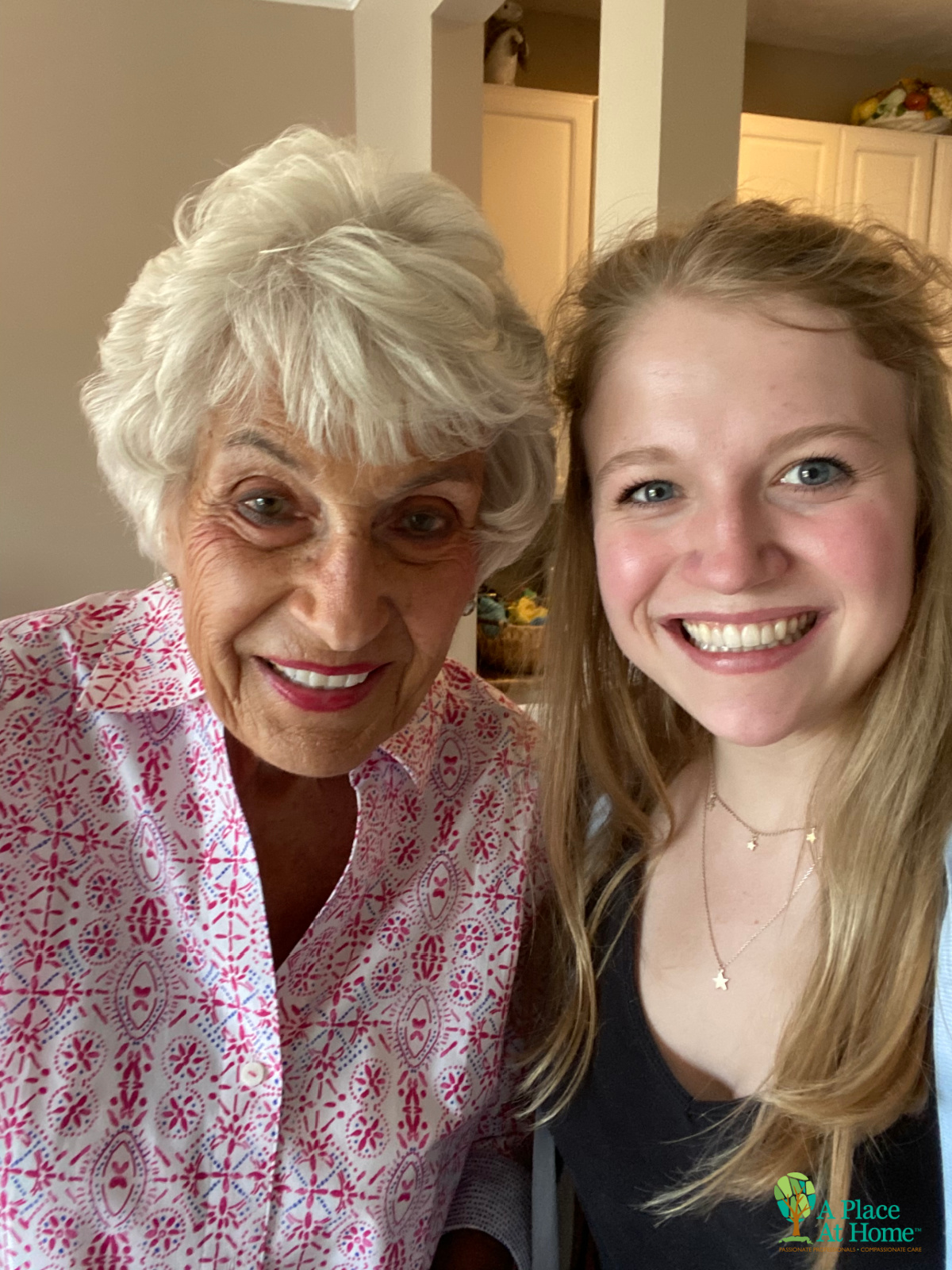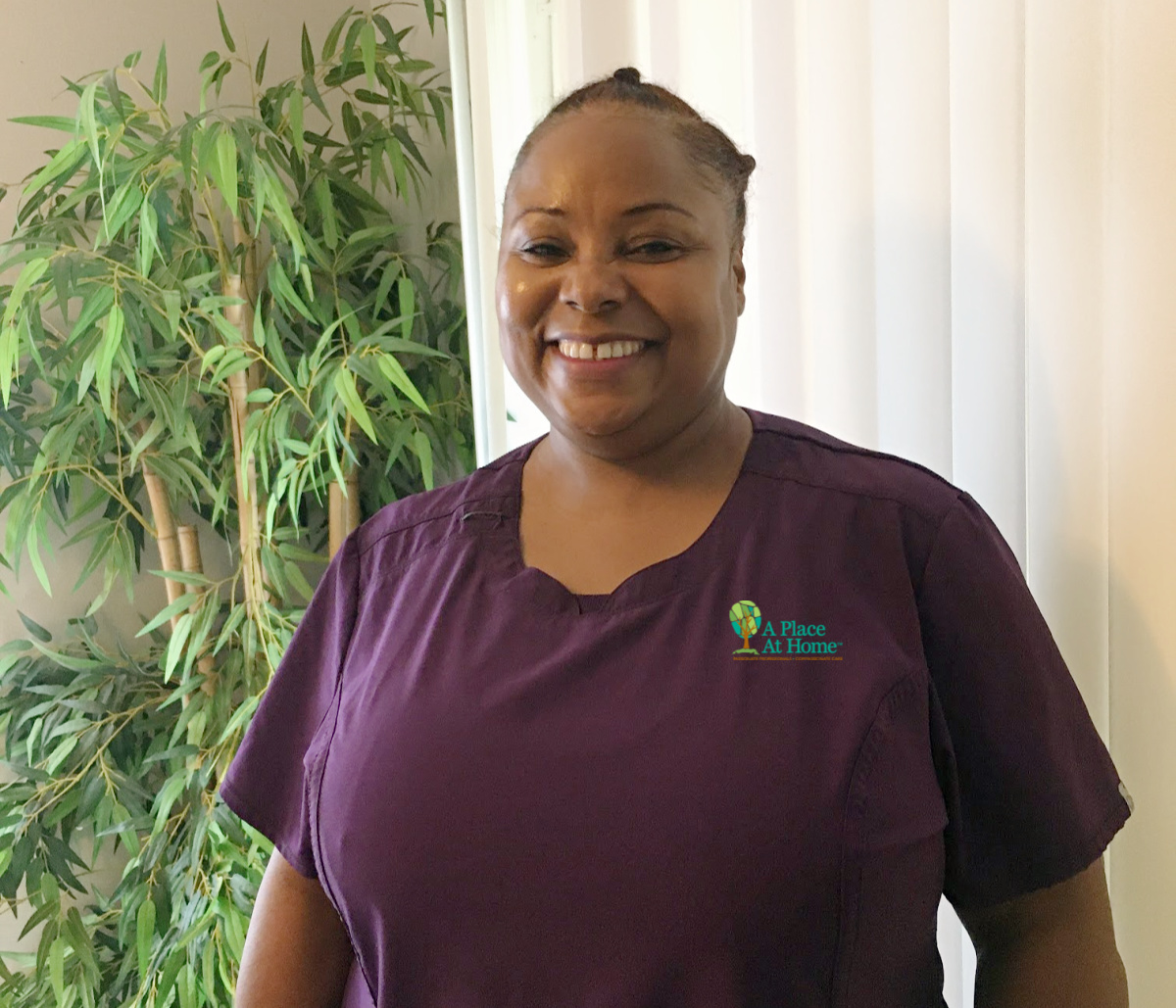Watching a loved one age can be a challenging experience, especially when you’re faced with deciding how best to care for them. Compare your options for elderly care. Find out the pros and cons of senior care at home to decide if it’s the right choice for your family and elderly loved one.
How to Know If It’s Time
Noticing signs that a senior needs assistance is crucial. Sometimes the symptoms are obvious, such as a health issue like a stroke or fall. Other situations might be more subtle such as noticing they’re struggling with daily tasks like cooking, cleaning, or personal care. Both are indicators that it might be time to consider help. The Mayo Clinic discusses these five warning signs:
- Self-care management: If you’re seeing a decline in personal hygiene, an unkept house, or bills going unpaid, it could be a sign of declining health.
- Memory loss: Are they forgetting to take medications, misplacing commonly used items like the TV remote, or repeatedly asking the same question? The Mayo Clinic defines all of these as signs of some type of memory loss.
- Home safety: Unexplained bruises or injuries is a suggestion that they might be having falls. Is the home safe for your loved one to navigate independently, such as climbing stairs or walking over loose rugs? Are daily items easily reachable, such as dishware? Senior care at home might be necessary if they can’t navigate their home safely alone.
- Unexplained weight loss: The Mayo Clinic says unexpected or unexplained weight loss is a sign of mental and/or physical health complications. Struggling to cook on their own, losing their sense of taste or smell, being overwhelmed by grocery shopping, or other health conditions are signs that intervention is needed.
- Mood changes: Has your loved one withdrawn from social activities or become increasingly isolated? This could indicate depression, and your senior could benefit from companionship care.
Types of Senior Care
When considering the best care option for your loved one, it’s essential to understand the distinctions of each choice. Let’s explore the social opportunities, medical facilities, and psychological impacts of senior care at home, adult day care, and retirement homes.
| Social Opportunities | Medical Facilities | Psychological Impact | |
| In-Home Senior Care | At-home care primarily offers one-on-one interaction between the senior and the caregiver in the comfort of familiar surroundings. Families can easily visit, and seniors can maintain their neighborhood connections. However, it might require additional effort to ensure diverse social interactions. | At-home care can accommodate basic medical needs, with caregivers assisting with medications and some therapies. For more specialized medical attention, additional arrangements might be necessary. | Staying at home can offer emotional stability due to the familiarity of the environment. However, there’s a risk of feeling isolated if proactive steps aren’t taken to ensure regular social interactions. |
| Adult Day Care | Adult day cares offer group settings where seniors can interact with peers. They often have scheduled activities, games, and group sessions that encourage socialization. | Many adult day cares provide basic medical monitoring and have healthcare professionals on-site. They can handle routine medical needs but might not be equipped for specialized care. | Attending an adult day care can provide a change of scenery and routine, which can be stimulating. However, the transition between home and the facility might be challenging and tiring for some seniors. |
| Retirement Facilities | Retirement homes offer a community setting. Seniors have neighbors of their age, and there are often organized events, clubs, and activities to foster community bonding. | These homes can handle a broader range of medical needs, from routine care to specialized attention. Some even have on-site medical facilities. | Moving to a retirement home is a significant transition. While it offers a sense of community, it also means leaving behind a familiar environment. It can come with a very challenging adjustment period. |
Costs of Senior Care
Senior care costs vary based on the type and duration of services needed. Genworth, a life and long-term care insurance company, created a cost-of-care survey in 2021. Here’s a breakdown of the national median costs for monthly senior care:
- In-home senior care: (40 hours/week): $4,506
- Home health aide: (40 hours/week): $4,680
- Adult day care: $1,690
- Assisted living facility: $4,500
- Private nursing home room: $9,034
Senior care at home might seem expensive initially, but it can be more affordable compared to the costs of retirement homes or long-term care facilities. While adult day care is the cheapest option, it doesn’t prevent falls or other medical risks from occurring in your loved one’s home. You’ll have to figure out how to get them to the care facility daily.
If you’re concerned about paying for home care costs, here are some methods to manage these costs:
- Long-term care insurance: If your loved one has this insurance, it might cover some costs of in-home care.
- Veteran benefits: Veterans might be eligible for home care benefits.
- Medicaid: Depending on your state, Medicaid might cover some home care services.
- Personal savings: Setting aside funds for senior care can ease the financial burden when the time comes.
Pros and Cons of Senior Care At Home
In-home senior care offers a more personalized approach compared to other care options. You will be provided with one-on-one attention tailored to your loved one’s needs, ensuring they receive the best possible care in a familiar environment. Plus, your loved one can remain in their own home, surrounded by cherished memories and personal belongings, creating a level of comfort and familiarity. Some in-home care companies, like A Place At Home, offer customizable care plans. So, care schedules can be adjusted based on your family’s needs, whether a few hours a day or round-the-clock care. This allows you and your family to be more involved in day-to-day care and decisions for your loved one.
In contrast, adult day cares provide care during specific hours, often in a group setting. On the other hand, retirement homes offer a more permanent solution with 24/7 care but may require a significant lifestyle change.
Some cons to consider with home care include the cost, space limitations, or potential isolation. Depending on the level of care needed, at-home care can be expensive. Some homes may not be equipped to handle advanced medical equipment or mobility aids. Lastly, without regular social activities, seniors might feel isolated.
Find Help with A Place At Home
Those cons are nothing you should worry about when creating a care plan with A Place At Home. We offer compassionate and personalized at-home senior care services tailored to your loved one’s needs. Find a location near you and take the first step towards ensuring your loved one’s comfort and well-being.










